 W
WFrancis Adams was a Scottish medical doctor and translator of Greek medical works.
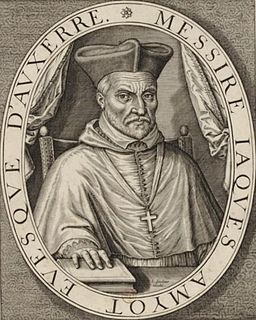 W
WJacques Amyot, French Renaissance writer and translator, was born of poor parents, at Melun.
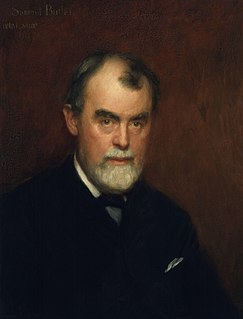 W
WSamuel Butler was the iconoclastic English author of the Utopian satirical novel Erewhon (1872) and the semi-autobiographical Bildungsroman The Way of All Flesh, published posthumously in 1903. Both have remained in print ever since. In other studies he examined Christian orthodoxy, evolutionary thought, and Italian art, and made prose translations of the Iliad and Odyssey that are still consulted today. He was also an artist.
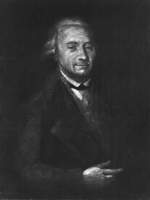 W
WMelchiorre Cesarotti was an Italian poet, translator and theorist.
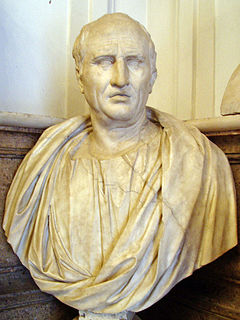 W
WMarcus Tullius Cicero was a Roman statesman, lawyer, scholar and Academic Skeptic who played an important role in the politics of the late Roman Republic and in vain tried to uphold republican principles during the crises that led to the establishment of the Roman Empire. His extensive writings include treatises on rhetoric, philosophy and politics, and he is considered one of Rome's greatest orators and prose stylists. He came from a wealthy municipal family of the Roman equestrian order, and served as consul in 63 BC.
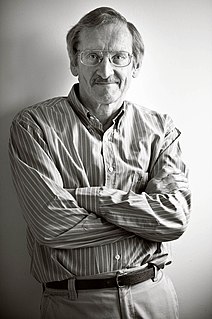 W
WPaul Claes is a Flemish scholar, writer, poet and translator.
 W
WDaniel Mark Epstein is an American poet, dramatist, and biographer. His poetry has been noted for its erotic and spiritual lyricism, as well as its power—in several dramatic monologues—in capturing crucial moments of American history. While he has continued to publish poetry he is more widely known for his biographies of Nat King Cole, Edna St. Vincent Millay, Bob Dylan and Abraham Lincoln, and his radio plays, "Star of Wonder," and "The Two Menorahs," which have become holiday mainstays on National Public Radio.
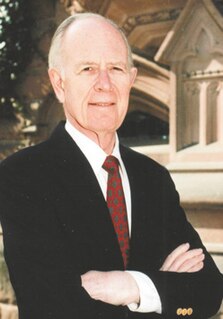 W
WRobert Fagles was an American professor, poet, and academic, best known for his many translations of ancient Greek and Roman classics, especially his acclaimed translations of the epic poems of Homer. He taught English and comparative literature for many years at Princeton University.
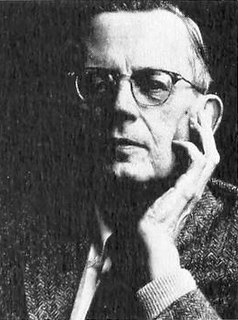 W
WDudley Fitts was an American teacher, critic, poet, and translator. He was born in Boston, Massachusetts and attended Harvard University, where he edited the Harvard Advocate. He taught at The Choate School 1926–1941 and at Phillips Academy at Andover 1941–1968. He and his former student at Choate, Robert Fitzgerald, published translations of Alcestis of Euripides (1936), Antigone of Sophocles (1939), Oedipus Rex (1949), and The Oedipus Cycle (1949). Their translations were praised for their clarity and poetic quality.
 W
WRobert Stuart Fitzgerald was an American poet, critic and translator whose renderings of the Greek classics "became standard works for a generation of scholars and students". He was best known as a translator of ancient Greek and Latin. He also composed several books of his own poetry.
 W
WElizabeth Hazelton "Hazel" Haight was an American classical scholar and academic who specialised in Latin teaching. She spent most of her career working for Vassar College in Poughkeepsie, New York. Haight was the second female president of the American Philological Association, and first woman to chair the Advisory Council of the American School of Classical Studies at Rome. She published eleven books in the field of Classics, as well as histories of Vassar and James Monroe Taylor. Her works focused on Latin Literature and the Greek novel, before she began the study of symbolism in Latin literature in her final publications. She was involved in Vassar's war efforts during World War I, and supporting foreign scholars during World War II, and was consistently interested in promoting women's education as a force for good in American society.
 W
WSir Richard Claverhouse Jebb was a British classical scholar.
 W
WBenjamin Jowett was an influential tutor and administrative reformer in the University of Oxford, a theologian, an Anglican cleric, and a translator of Plato and Thucydides. He was Master of Balliol College, Oxford.
 W
WHenrik Lacaj (1909–1991) was an Albanian humanitarian, linguist, and translator. He authored textbooks, plays, and various studies on historical figures such as Scanderbeg and Luigj Gurakuqi, but in Albania he is most venerated for his numerous translations of Latin and Greek masterpieces.
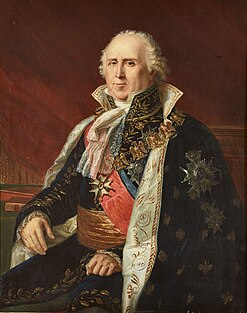 W
WCharles-François Lebrun, 1st duc de Plaisance, was a French statesman who served as Third Consul of the French Republic and was later created Arch-Treasurer and Prince of the Empire by Napoleon I.
 W
WCharles Marie René Leconte de Lisle was a French poet of the Parnassian movement. He is traditionally known by his surname only, Leconte de Lisle.
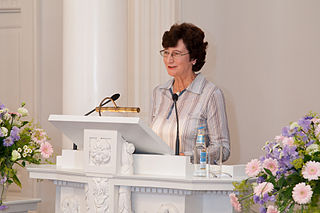 W
WAnne Lill is an Estonian classical philologist and translator. She is Professor Emeritus at the University of Tartu.
 W
WFrank Laurence Lucas was an English classical scholar, literary critic, poet, novelist, playwright, political polemicist, Fellow of King's College, Cambridge, and intelligence officer at Bletchley Park during World War II.
 W
WHenry Hart Milman was an English historian and ecclesiastic.
 W
WJohannes Minckwitz was a German poet and classical scholar.
 W
WGeorge Gilbert Aimé Murray was an Australian-born British classical scholar and public intellectual, with connections in many spheres. He was an outstanding scholar of the language and culture of Ancient Greece, perhaps the leading authority in the first half of the twentieth century. He is the basis for the character of Adolphus Cusins in his friend George Bernard Shaw's play Major Barbara, and also appears as the chorus figure in Tony Harrison's play Fram.
 W
WFriedrich Daniel Ernst Schleiermacher was a German Reformed theologian, philosopher, and biblical scholar known for his attempt to reconcile the criticisms of the Enlightenment with traditional Protestant Christianity. He also became influential in the evolution of higher criticism, and his work forms part of the foundation of the modern field of hermeneutics. Because of his profound effect on subsequent Christian thought, he is often called the "Father of Modern Liberal Theology" and is considered an early leader in liberal Christianity. The neo-orthodoxy movement of the twentieth century, typically seen to be spearheaded by Karl Barth, was in many ways an attempt to challenge his influence.
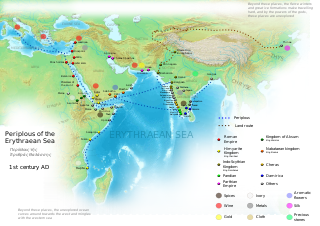 W
WWilfred Harvey Schoff (1874–1932) was an early twentieth-century American antiquarian and classical scholar.
 W
WMoses Schulbaum was an Galician Jewish Hebrew writer, translator, and lexicographer.
 W
WTheodore Philip Stephanides was a Greek-British doctor and polymath, best remembered as the friend and mentor of Gerald Durrell.
 W
WDavid Stuttard is a British theatre director, classical scholar, translator, lecturer on classical literature and history, and author, primarily of historical works on the ancient world.
 W
WThomas Taylor was an English translator and Neoplatonist, the first to translate into English the complete works of Aristotle and of Plato, as well as the Orphic fragments.
 W
WEnnio Quirino Visconti was an Italian antiquarian and art historian, papal Prefect of Antiquities, and the leading expert of his day in the field of ancient Roman sculpture. His son, Pietro Ercole Visconti, edited Versi di Ennio Quirino Visconti, raccolti per cura di Pietro Visconti while Louis Visconti became a noted architect in France. His brother, Filippo Aurelio Visconti was also a classical scholar, who published the Museo Chiaramonti, a successor to the Museo Pio-Clementino.
 W
WArthur Sanders Way, was a classical scholar, translator and headmaster of Wesley College, Melbourne, Australia.